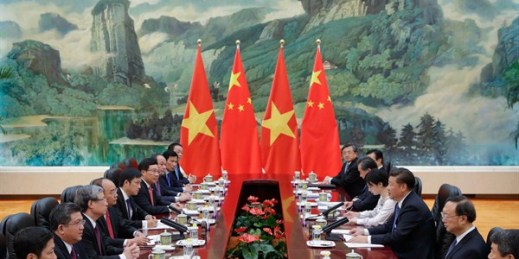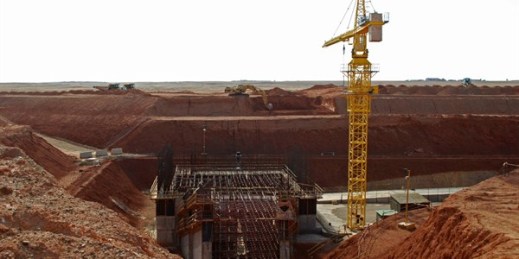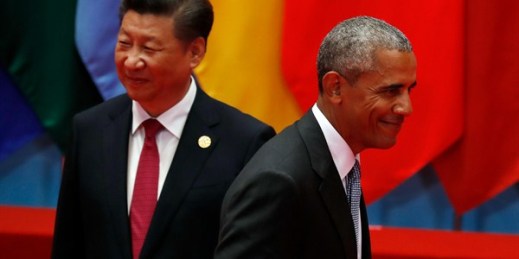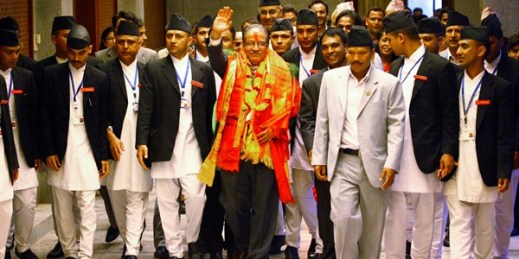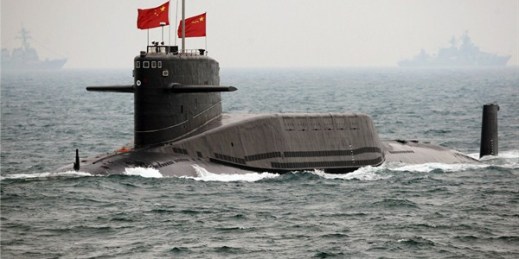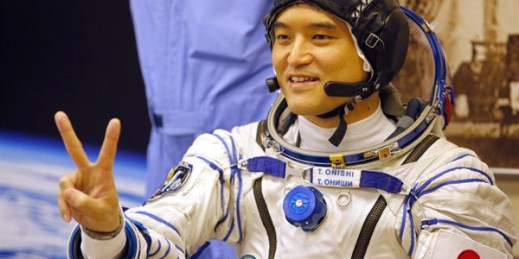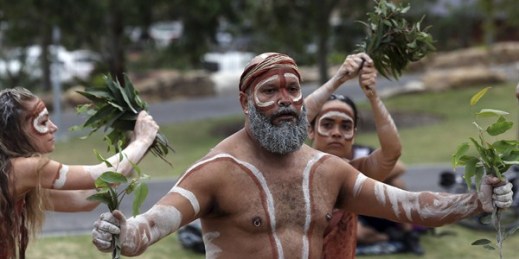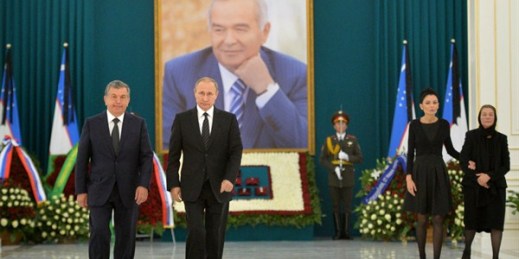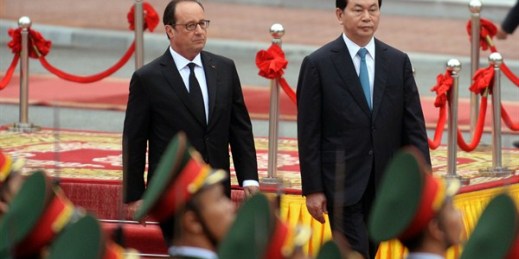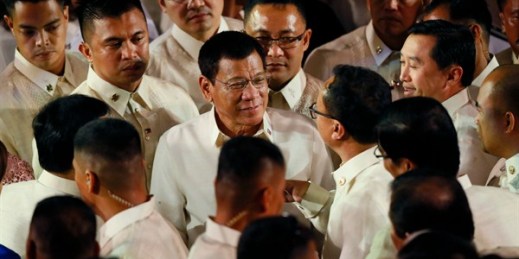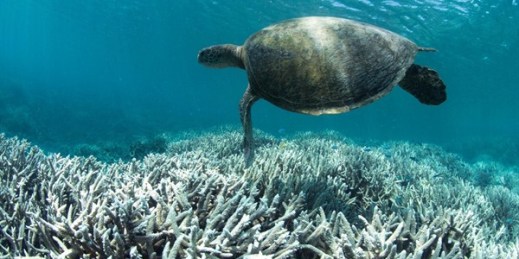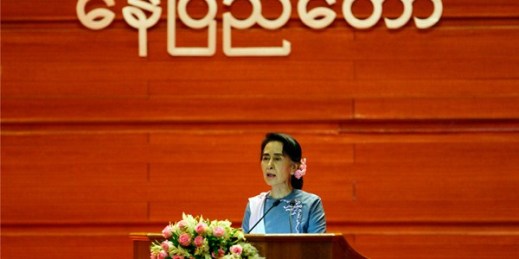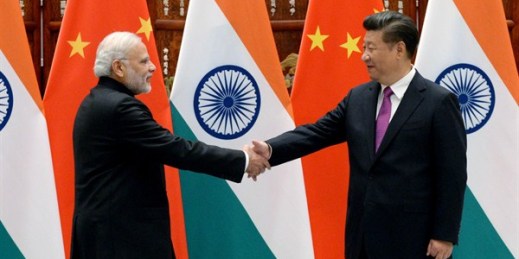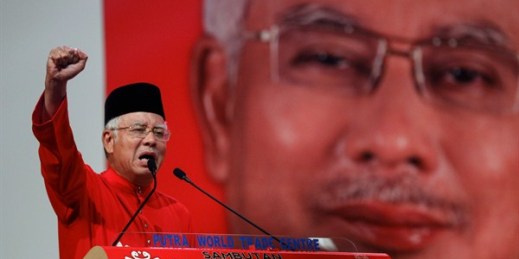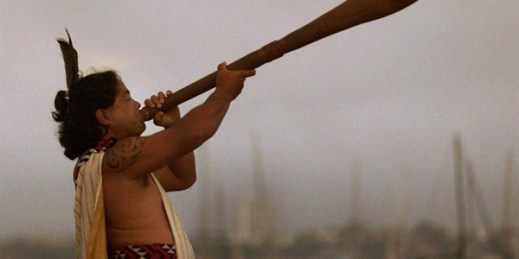
Editor’s note: This article is part of an ongoing WPR series on the legal status and socio-economic conditions of indigenous peoples in a range of countries. A recent report showed that white New Zealanders were more likely to be given a warning by police officers for minor crimes than indigenous Maori, who are more likely to be charged. Advocates say the report confirms the bias of the justice system in New Zealand. In an email interview, Margaret Mutu, a professor of Maori studies at the University of Auckland, discusses Maori rights in New Zealand. WPR: What is the legal status […]

